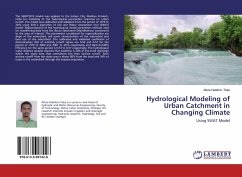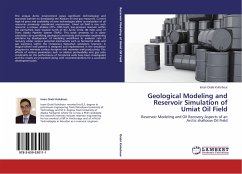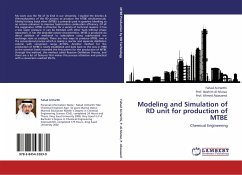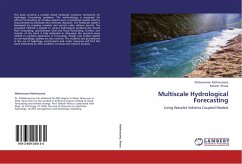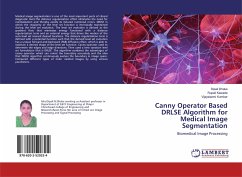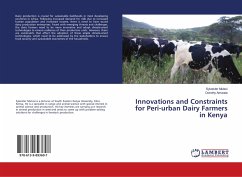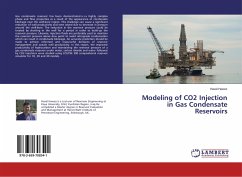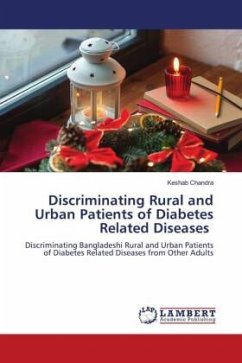The SWAT2012 model was applied to the Indore City, Madhya Pradesh, India for modeling of the hydrological parameters response on urban runoff. The model was calibrated and validated from the period of 1979 to 2013 using SUFI-2 algorithm of Soil and Water Assessment tool (SWAT) model. Regionalization of the hydrological model parameters method used for transferring data from the donor catchment (Mandleshwar catchment) to the area of interest. The parameters considered for regionalization are slope of the watershed, soil cover characteristics of the watershed and land use of the watershed. The calibrated and validated coefficient of determination (R2) of monthly runoff values are 0.54 and 0.57 for the period of 1979 to 2000 and 2001 to 2013 respectively and Nash-Sutcliffe Efficiency for the same period is 0.53 to 0.57 respectively. The hydrological water balance analysis showed that baseflow is 20% of the total discharge within the study area that contributes less than surface runoff. Total surface runoff from the study area is about 80% from the total and 34% of losses in the watershed through the evapotranspiration.

